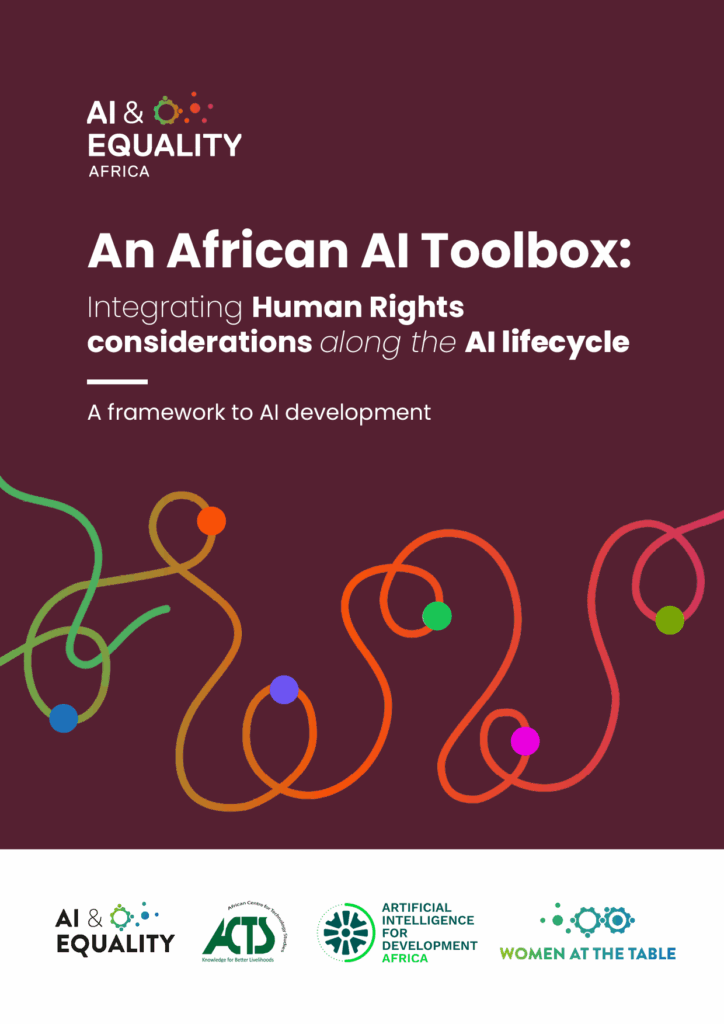An African AI Toolbox: Integrating Human Rights considerations along the AI lifecycle
The Toolbox applies a Human Rights-based AI Lifecycle Framework, integrating reflective questions and the Human Rights Impact Assessment (HRIA) developed with the Alan Turing Institute.
It emphasizes participatory, multidisciplinary approaches and is rooted in feminist, decolonial, and Justice, Equity, Diversity, and Inclusion (JEDI) principles and incorporates lessons from emerging digital rights challenges, ensuring AI systems are designed with safety and dignity at their core.

